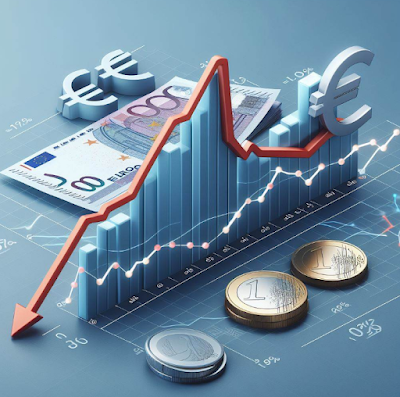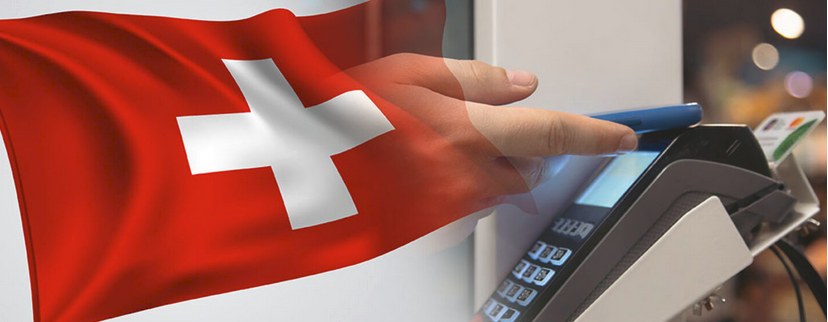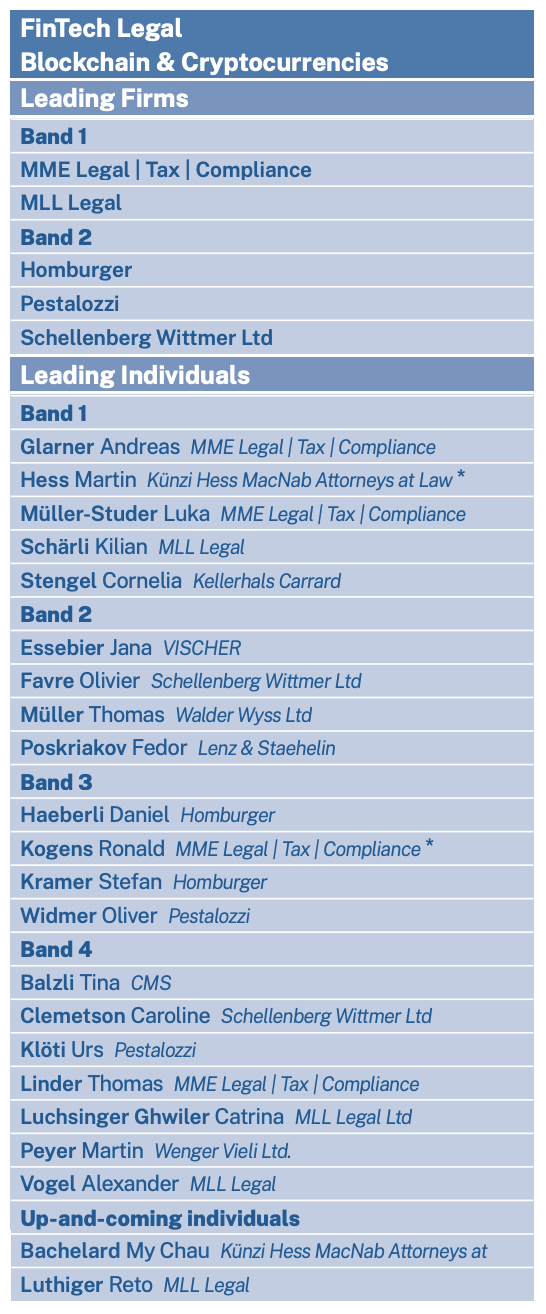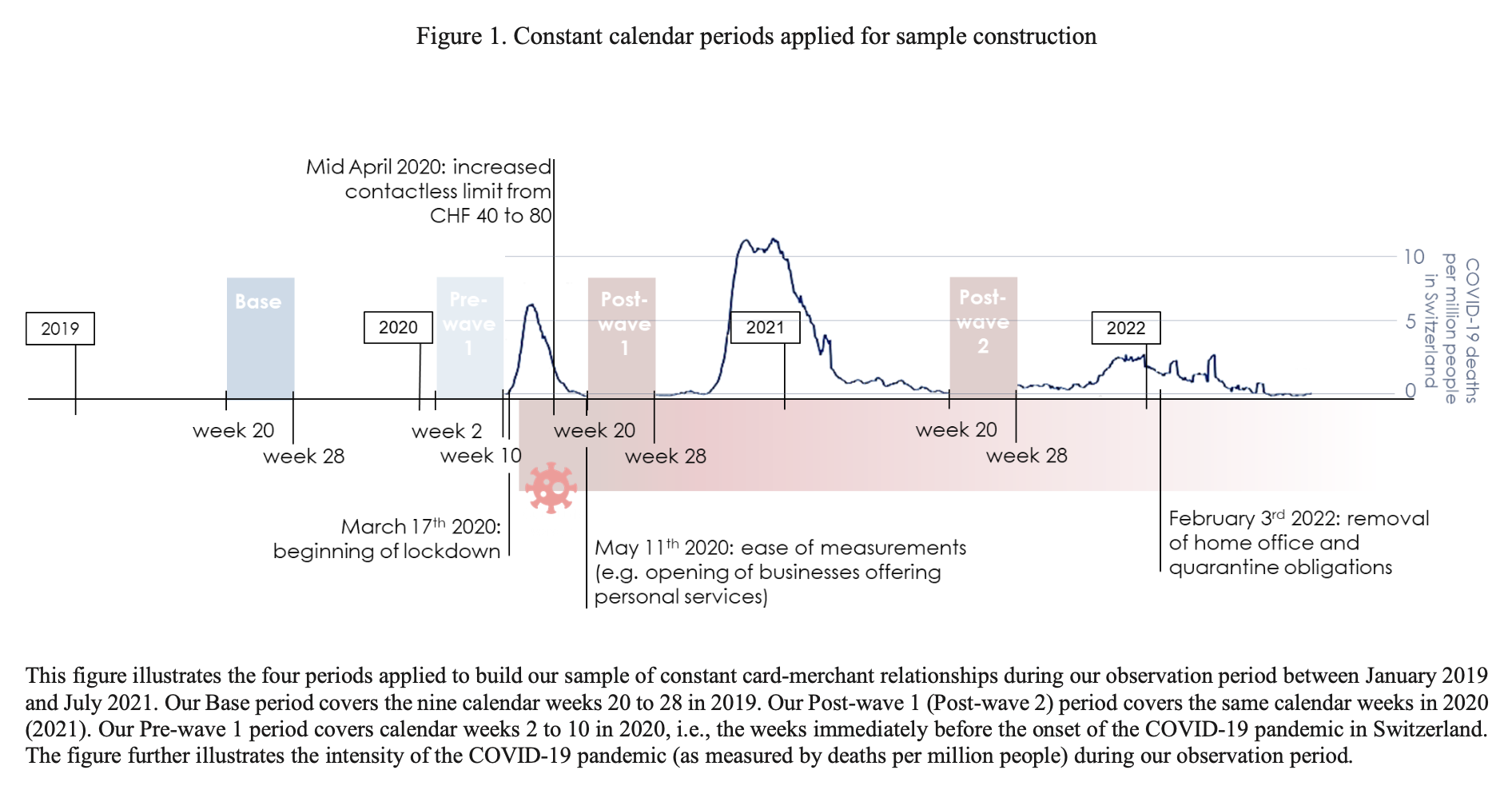It reminded me of an interview in Soviet television with former Soviet leader Leonid Brezhnev.
Each question and each answer took around 20 seconds, the whole interview about 3 minutes. See my Twitter entries, it was really hard to take a protocol.
Swiss television gives an extract on this page.
The EUR/CHF floor is not aimed for eternity. It is an extreme measure for an extreme situation. “The introduction of a lower limit for the euro exchange rate was absolutely necessary”, the President of the Swiss National Bank (SNB) explains the decision taken about a year ago. According to Thomas Jordan, the minimum price has had a positive effect on the stability of the Swiss economy.
Given the mass of reserves, anxious voices became loud. If the euro continues to depreciate, the SNB will receive high losses.Thomas Jordan is playing a unique position: “The question of loss is an important issue, but not policy-relevant”.
The mission of the SNB is to provide right monetary conditions for the Swiss economy, and to maintain price stability.
Unfortunately the Swiss television did not answer any of my questions, even if they asked on Facebook to enter questions. Not many Swiss asked questions on Facebook, mainly a libertarian guy and me. Many Swiss seem still to believe in the SNB, asking if the SNB buys gold or foreign stocks. Many think that euro crisis will finish soon and the American economy will recover. Still on the journal 20 Minutes, many critical comments were uttered.
My questions
-
George Dorgan: Zur Zeit der Einführung des Mindestkurses war von einer drohenden hohen Arbeitslosenquote die Rede. So sprach das SECO noch im März von 3.7% in 2013. Im Gegenteil ist die Arbeitslosenquote auf 2.9% gesunken, den KMU geht es anscheinend blendend. War der Mindestkurs von 1.20 vielleicht doch ein wenig hoch ?Translation: At the time of the floor introduction people spoke of an upcoming high unemployment in Switzerland. The SECO talked in March 2012 about 3.7% unemployment for 2013. But the unemployment has even fallen to 2.9%. According to a new survey (see http://handelszeitung.ch) the Swiss small and medium enterprises are very optimistic. Was the floor of 1.20 maybe a little bit too high ?Swiss Television did not ask this question.
-
George Dorgan: Wie denken Sie über die Kritik von Prof. Schiltknecht, dass man sich nicht den Euro ketten hätte sollen, sondern eine Währungskorb hätte definieren sollen. Anders formuliert: Dank des schwächeren Franken gegenüber dem Dollar seit letztem Jahr, hat die Schweizer Wirtschaft profitieren können, dies aber auf Kosten einer Steigerung der Giroguthaben der Banken bei der Nationalbank.Translation: What do you about think about the critics of (former SNB chief economist) Prof. Schildknecht, that the SNB should not have taken only the euro as anchor, but a currency basket ? Or let’s say: Thanks to the cheaper franc agains the dollar, the Swiss exporters and the Swiss economy was able to profit, but at the cost of strong rise of bank deposits at the SNB ?Swiss Television did not ask this question.
-
George Dorgan: Die Schweizer Wirtschaft hat dank des Mindestkurses im letzten Monat wieder einmal ein Super-Handelsplus von 2.9 Milliarden erreicht. Daher denken die ausländischen Zeitungen, dass die Schweiz das neue China ist. Sollte aber der Mindestkurs auf 1.10 fallen, so wird die SNB grob geschätzt diese 2.9 Milliarden PRO Monat verlieren. Ist das also nur eine Umverteilung vom Schweizer Steuerzahler über die Finanzmärkte zu den Schweizer Firmen ?Translation: In the last month, the Swiss economy has obtained in a record trade surplus of 2.9 billion francs. Foreign papers think that Switzerland is the new China. If, however, the EUR/CHF falls down to 1.10 then the SNB will lose more or less these 2.9 billion francs EACH month [based on 30 billion interventions per month]. Is this just an indirect financing of Swiss tax payers to the Swiss exporters via a huge fee to financial markets ?[ Couldn’t the tax payers give this money directly to the exporters without assigning huge profits to financial markets ?
Swiss Television did not ask this question.
-
George Dorgan: Sollte Jordan mit der Antwort kommen, dass die Nationalbank mit den Devisenreserven Zinsen verdient, fragen Sie ihn bitte, wie das geht, wenn deutsche Staatsanleihen momentan mit nahezu 0% rentieren.Translation: Should Jordan come with the answer that the SNB earns interest with the currency reserves, ask him please, how this is possible when German government bonds currently yield 0% ?
Swiss Television did not ask this question.
The final question for FX traders
What comes first:
- A Fed rate hike
- The end of the euro crisis and a ECB rate hike
- Inflation in Switzerland (somewhere between 0.5% and 1.5% YoY; in this case the SNB will abandon the floor)
Small tip: in Scenario 3 happened already in end 2009 and in June 2010.
Are you the author? Previous post See more for Next post
Tags: Euro crisis,franc,German Bund,Gold,intervention,Jordan,Swiss National Bank,Switzerland,Thomas Jordan


































